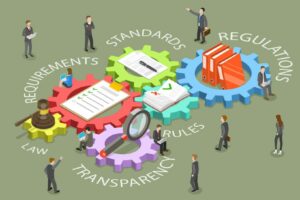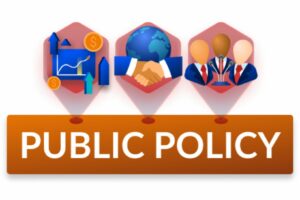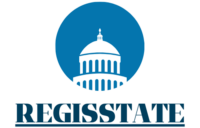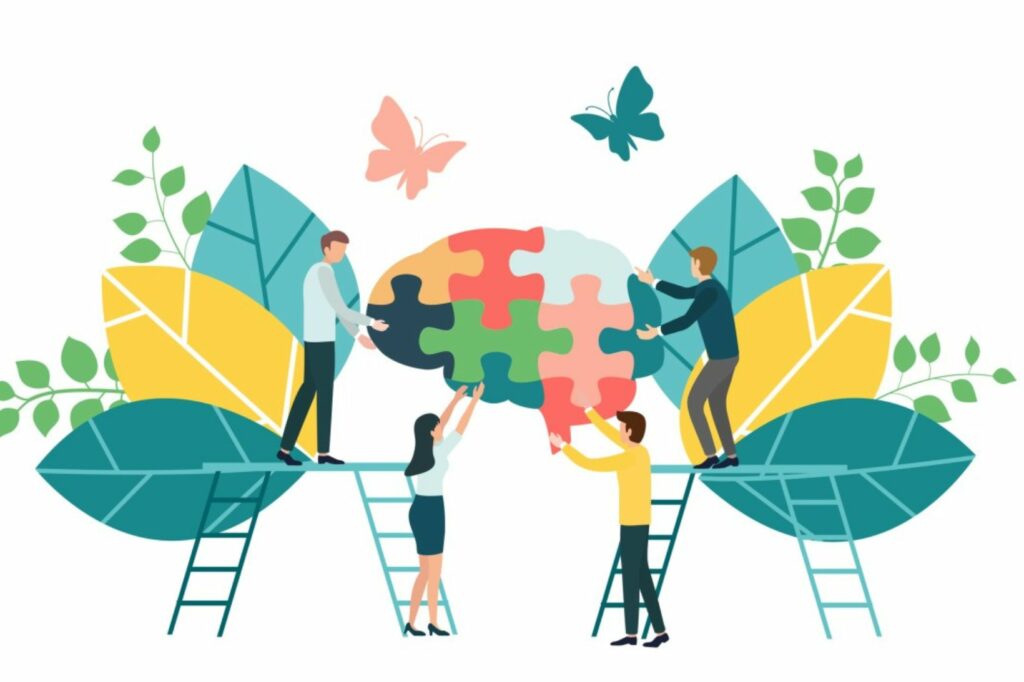In a world where decisions made in government chambers shape everyday lives, individuals often wonder how they can influence public policy. While it may seem like a daunting task reserved for politicians and lobbyists, ordinary citizens hold significant power to sway decisions that affect their communities. Understanding the avenues available for engagement is the first step toward making a meaningful impact.
From grassroots activism to leveraging digital platforms, individuals have a plethora of tools at their disposal to voice their opinions and advocate for change. Engaging in public discourse, attending town hall meetings, and participating in petitions are just a few ways citizens can make their voices heard. By taking informed and strategic actions, they can contribute to shaping policies that align with their values and needs.
What Could an Individual Do To Have More of an Influence on Public Policy?
Individuals looking to influence public policy often find opportunities within their local government. Engaging at this level enables direct impact and fosters community-driven change.
Attending Town Hall Meetings
 Attending town hall meetings offers a platform for direct interaction with local officials. These meetings often address pressing community issues and policy decisions. Participants can voice concerns, ask questions, and propose solutions. This engagement helps officials understand public sentiment and encourages transparent decision-making. Regular attendance not only provides insights into local governance but empowers individuals to influence discussions directly.
Attending town hall meetings offers a platform for direct interaction with local officials. These meetings often address pressing community issues and policy decisions. Participants can voice concerns, ask questions, and propose solutions. This engagement helps officials understand public sentiment and encourages transparent decision-making. Regular attendance not only provides insights into local governance but empowers individuals to influence discussions directly.
Building Relationships with Local Officials
Building relationships with local officials can significantly enhance an individual’s influence on public policy. Establishing communication channels with city council members, mayors, and other government representatives allows individuals to share insights and advocate for community needs. Personal interactions often lead to a better understanding of policy processes and priorities. This rapport can create opportunities to participate in advisory boards, special committees, or other participatory roles that impact policy decisions.
Utilizing Digital Platforms
Digital platforms enable individuals to influence public policy by reaching a large audience and fostering dialogue.
Leveraging Social Media for Advocacy
 Social media platforms like Twitter and Facebook connect individuals with policymakers and communities. People can share information, raise awareness, and initiate discussions on key issues by creating posts and using hashtags. Engaging with online communities and influencers amplifies advocacy efforts and helps garner support for specific causes.
Social media platforms like Twitter and Facebook connect individuals with policymakers and communities. People can share information, raise awareness, and initiate discussions on key issues by creating posts and using hashtags. Engaging with online communities and influencers amplifies advocacy efforts and helps garner support for specific causes.
Participating in Online Petitions and Campaigns
Online platforms such as Change.org facilitate easy participation in petitions and campaigns. Individuals can start or sign petitions to demonstrate public support for policy changes. Participating in campaigns funded through crowdfunding platforms generates resources and momentum for policy-related initiatives, increasing their visibility and impact.
Joining Community Organizations
Joining community organizations allows individuals to channel their efforts and amplify their voices in the public policy arena. These groups provide platforms for collective action and foster a sense of shared purpose among members.
Benefits of Being Part of Advocacy Groups
 Advocacy groups offer numerous benefits, enhancing an individual’s ability to influence public policy effectively. Networking opportunities arise as members connect with like-minded individuals, expanding their reach and resources. Collective influence is another advantage; a group’s organized presence can command greater attention from policymakers. Expertise development occurs through participation in workshops and training sessions, which improve members’ understanding of pertinent issues and strategies. Lastly, groups often provide structured access to decision-makers, facilitating direct communication with policymakers.
Advocacy groups offer numerous benefits, enhancing an individual’s ability to influence public policy effectively. Networking opportunities arise as members connect with like-minded individuals, expanding their reach and resources. Collective influence is another advantage; a group’s organized presence can command greater attention from policymakers. Expertise development occurs through participation in workshops and training sessions, which improve members’ understanding of pertinent issues and strategies. Lastly, groups often provide structured access to decision-makers, facilitating direct communication with policymakers.
How to Find the Right Organization
Identifying the right organization begins with assessing personal interests and aligning them with group objectives. Research potential organizations online, exploring their mission statements and recent initiatives. Attend local meetings or events to observe group dynamics and gauge compatibility. Consider organizations that actively engage with the community and display a track record of effective advocacy. Utilizing social media platforms helps in discovering groups and initiatives through community forums and dedicated pages.
Empowering Change
Individuals wield considerable power to shape public policy through various means of engagement. By actively participating in grassroots activism, digital platforms, and community organizations, citizens can amplify their voices and advocate for meaningful change. Engaging with local government and utilizing digital tools further enhances their influence, allowing them to connect with policymakers and the broader community effectively.
Education and direct political action are crucial for navigating the complexities of policymaking and contributing to the decision-making process. Whether through volunteering for campaigns or running for office, individuals can make a direct impact on policies that reflect their values and address community needs. Proactive civic engagement ensures that public policies are not only effective but also resonate with the communities they serve.



